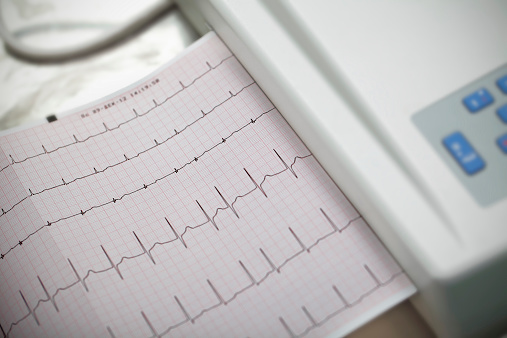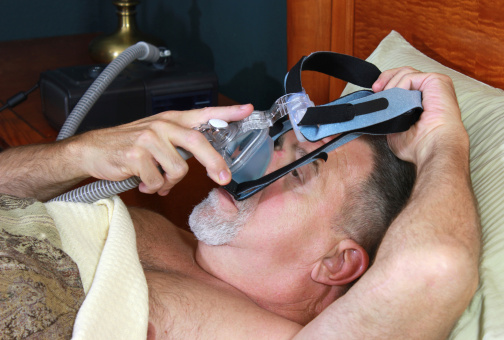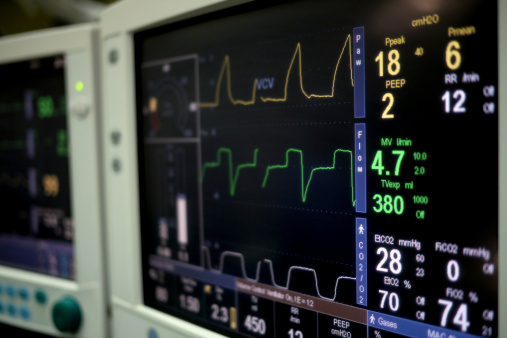Stroke risk higher among alcohol drinkers with atrial fibrillation
Individuals with atrial fibrillation (heart rhythm disorder) who drink alcohol are more likely to experience stroke, compared to those who don’t drink. Study leader Dr. Faris Al-Khalili said, “Doctors should ask their [atrial fibrillation] patients about alcohol use and advise patients to cut down if they are drinking more than is recommended.” The study included ...click here to read more














